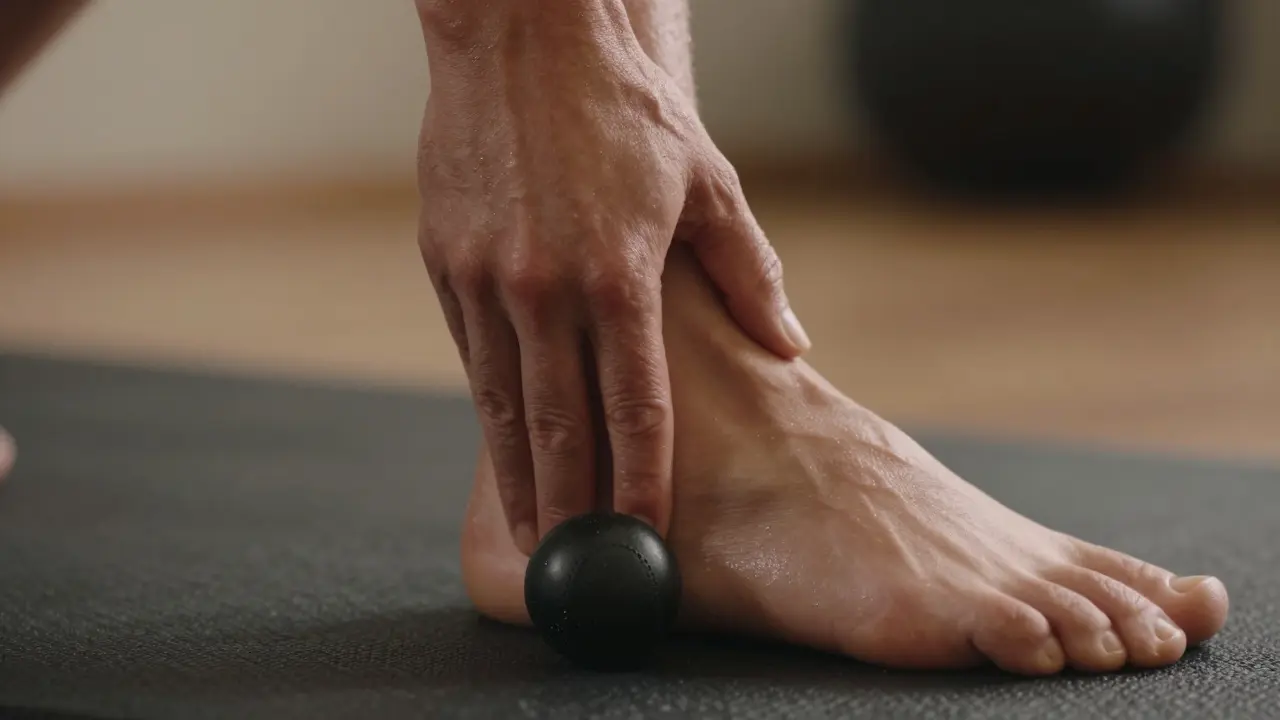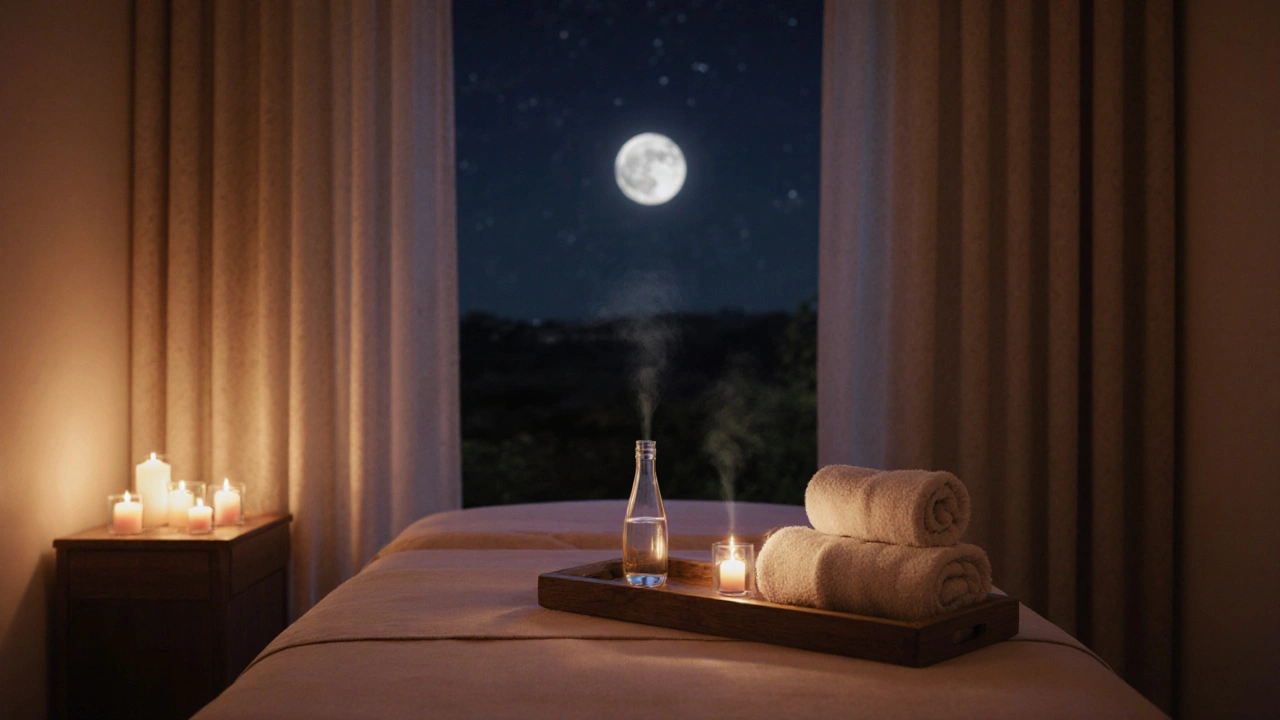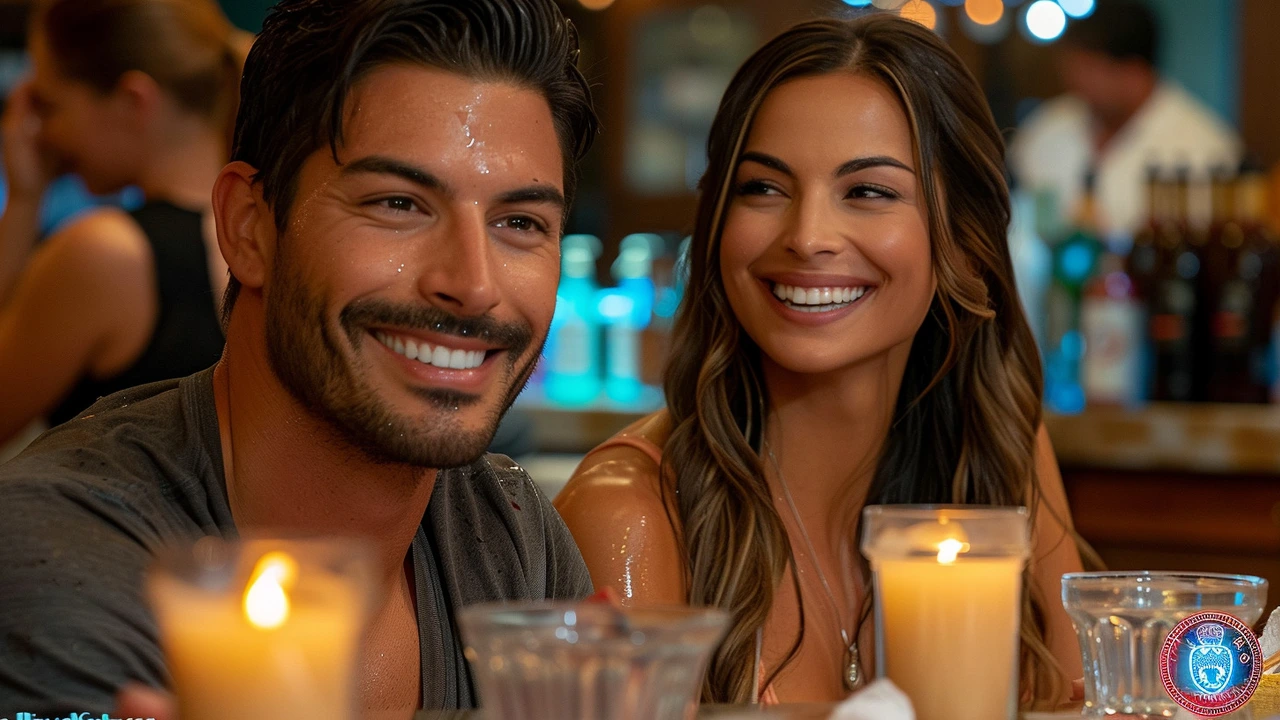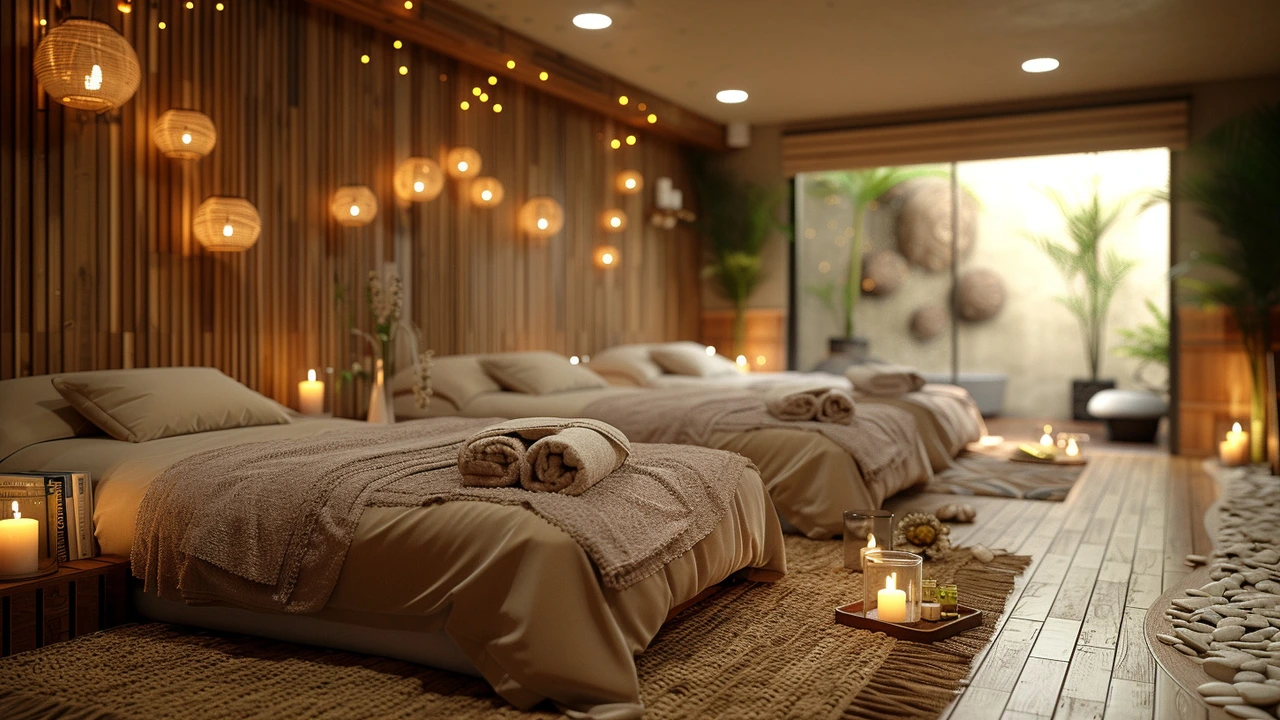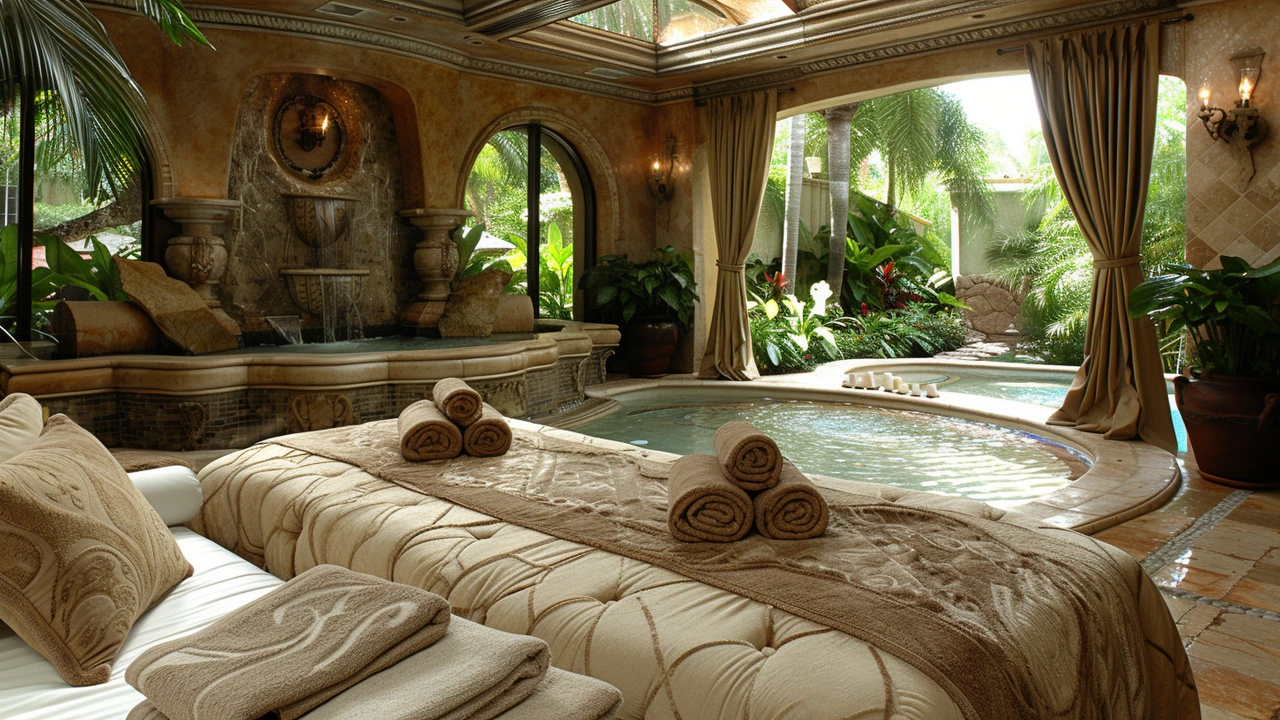Reflexology: A Safe and Effective Alternative Therapy
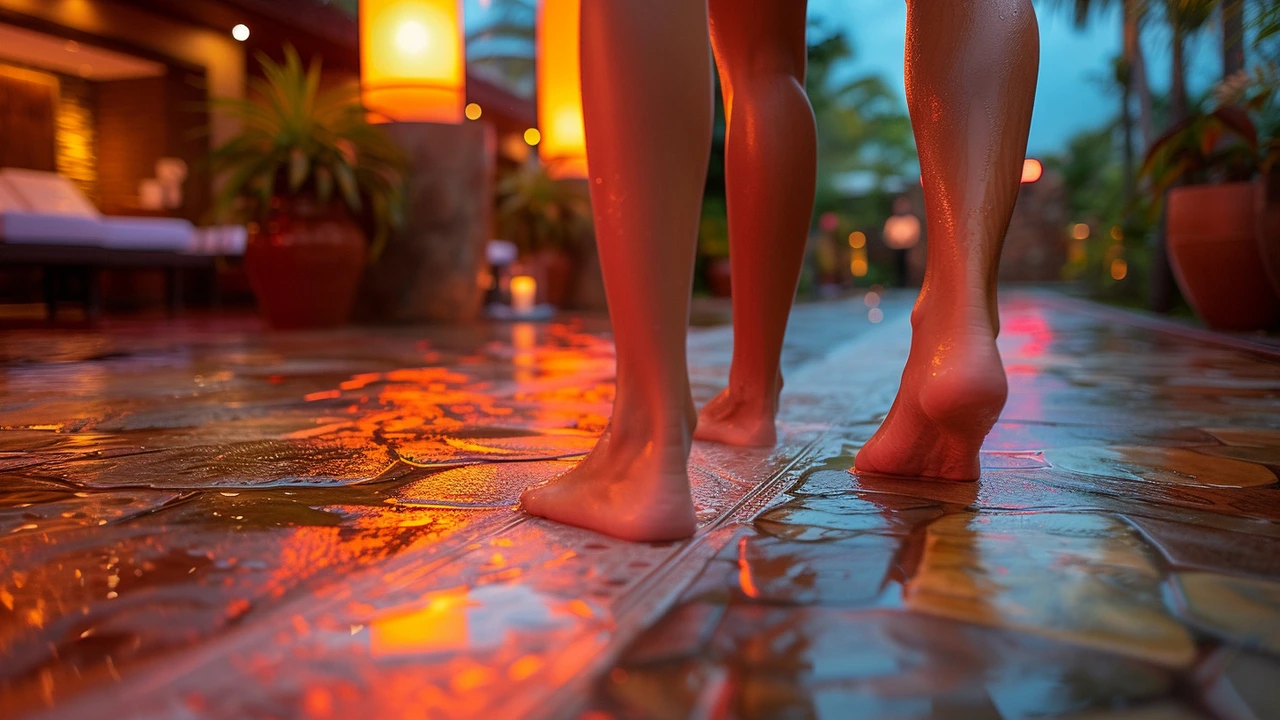
Unlocking the Mystery of Reflexology
If there's one thing that's intrigued me lately more than a juicy Medium Rare steak on a Friday night, it's the practice of reflexology. I mean, I thought massages were just about kneading sore muscles and making your toes curl in sheer pleasure. But buddy, how wrong I was! Reflexology is not just about massaging feet or hands, it's beyond that, peeping into the fascinating world of pressure points telling us more about our body than we ever knew. Like how massaging a certain point on your foot can calm your nervous system or alleviate headaches.
A Few Footsteps Back in Time: The History of Reflexology
Like most alternative therapies, the roots of reflexology spread deep into history and intertwine with various cultures. Believed to be more than 4,000 years old, this therapy found its prominence in ancient Egypt, China, and even some Native American Tribes. The original hipsters knew a thing or two about feeling good, right? Later, with the scientific backing and the modern theory establishment, reflexology grabbed the spotlight during the twentienth century. Sir William Fitzgerald and Eunice Inhgam – names you might not have heard in your last trivia night, are the ones who cemented its effectiveness. They left a legacy that has provided relief and comfort to many.
Walking Underneath the Surface: How Reflexology Works
Now to the meaty part of the science behind reflexology! You know how in a Marvel movie, everything is connected and no scene is wasted? That's like your body, your foot, and reflexology. Reflexology believes that our body is mapped out on our feet, hands, and ears. All the different pressure points located in these areas are connected to various parts of the body through pathways called 'meridians'. You know it's serious when there's a map involved! Proponents believe that blockages in these pathways cause illness and stress, but applying pressure on these points can clear the blockages and restore the body balance. Kind of like clearing a jam-packed freeway during rush hour. It's a bliss when it clears, isn't it?
Is there scientific proof to back this? More than you'd think!
While hardcore skeptics might dismiss it as another pseudoscience, plenty of scientific research lends credence to the benefits of reflexology. A study conducted by the University of Portsmouth found that reflexology reduced pain perception by about 40% and heighten pain threshold by almost 45%. Another research published in the Michigan Journal of Reflexology indicates that reflexology can improve blood circulation, induce relaxation and also aid post-operative recovery. Heck, I remember when I had a rock climbing injury (don't ask, it's a long story) and I sought the aid of a reflexologist to help with the pain. Way more pleasant than popping a pharmacy's worth of pills, I tell you!
Even without the clipboard backing, let the feet do the talking
On another note, for those who question the legitimacy of reflexology, I say give it a try. The beauty of this therapy lies in its non-invasive nature and its ability to be individualized. I was skeptical too, until one evening post a stressful day at work and a couple of months into starting yoga (Yes, I'm that guy now. Quinoa and yoga), I tried reflexology. The calm that took over my body was similar to floating in a peaceful lagoon.
Applying the Pressure: Learning Reflexology
One of the best things about reflexology is that it's not locked away in some mystic healing temple; you can learn it too! There are myriad training programs and reflexology certification courses available. Remember, patience is key when learning this craft. I attended a local workshop here in Melbourne and boy, was it an eye-opener! Or should I say a foot opener? The best part was when we all had to practice on each other. Picture a room full of people gingerly touching each others' feet - it was a hoot!
Reflexology, More than Just an Alternative Therapy
In the grand scheme of things, reflexology offers more than just curing an ailment. It promotes a holistic approach to health and well-being. It's like that underdog superhero of alternative therapies – modest, unassuming... Until it floors you with its prowess. My experience with reflexology is nothing short of fantastic and I would encourage more people to include this in their healthcare regimen.
So slip off those shoes, sit back and let the power of reflexology take over. It's not just a foot rub, mate! It's the key to unlocking a healthier, happier you. Can it help everyone? Maybe, maybe not. But isn't it worth dipping a toe in, just to see?

